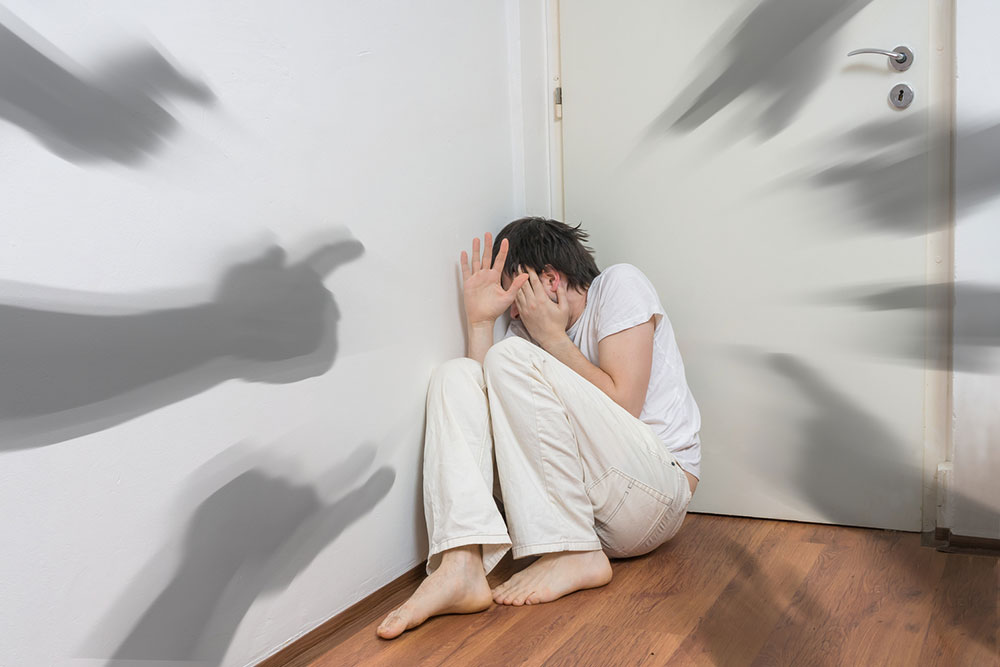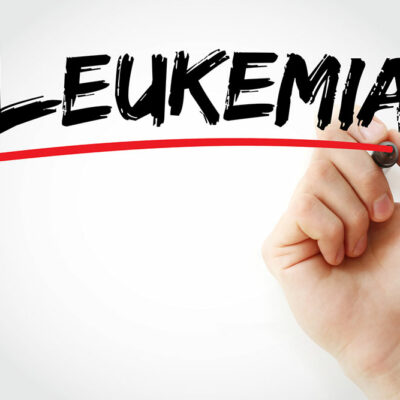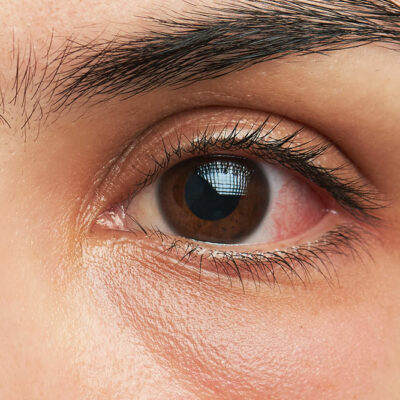
Types of schizophrenia
Schizophrenia can be categorized as a health condition, which is mainly associated with unconventional expressions or false ways to perceive situations around you. Schizophrenia can become quite bothersome when it leads to occupational and social dysfunction. The patient may hear things that are untrue, have hallucinations that are auditory in nature, and even experience hallucinations that are completely visual in nature. None of the things they see actually exist and it is only the condition playing with the patient’s mind. The delusions may rise out of one’s fear or would be very difficult to fathom normally. This may also lead to thinking and speech that is very tough to decipher. In most cases, it gets diagnosed during a person’s early adulthood. As per the United States Centers for Disease Control and Prevention (CDC), it is estimated that this condition has affected between 0.6% to 1% of the entire world’s population.
There are many different types of schizophrenia and the treatment prescribed to a patient would also depend on the type.
Types of schizophrenia
Paranoid schizophrenia
Since people with this condition have hallucinations, they may end up developing paranoia. They often experience bouts of fear and confusion as they may constantly feel that there are people plotting against them. They are constantly on the lookout for any potential danger. These individuals spend quite a lot of time to keep themselves protected.
Hebephrenic schizophrenia
This type of schizophrenia is represented by majorly disorganized behavior and is often characterized by disorganized speech and behavior. It generally starts between the age of 15 and 25. This kind of disorder often makes day-to-day functioning extremely tough. The patient may find difficulty in simply taking care of their hygiene, cooking meals on a regular basis, and even washing can become really tricky for such people.
Catatonic schizophrenia
This type of schizophrenia is used to refer to the condition wherein a patient experiences bouts of immobility. The patient may either be overly active or just give up on any activity whatsoever. They either completely stop moving, talking, and walking, or keep jumping around. It is also accompanied by activities that occur out of catatonic excitement.
Childhood schizophrenia
As the term suggests, this type of schizophrenia is used to refer to an early onset of the condition, typically in individuals who are aged below 13. It is a rare disorder and often mimics the symptoms of adult schizophrenia except that it develops at an early age. The statistics of this disorder to occur is somewhere around 0.4%. However, it is also important to remember that even healthy children can experience hallucinations, and it does not necessarily mean that they are affected with schizophrenia.
Schizoaffective disorder
This is a tricky disorder to deal with because it is a combination of schizophrenia and another mood disorder, typically bipolar disorder. The symptoms often include difficulty in expressing emotions, issues with speech, and these patients may also feel demotivated all the time.


